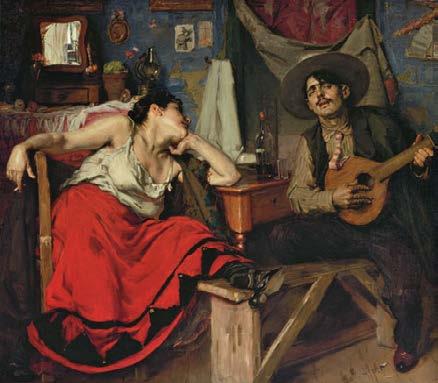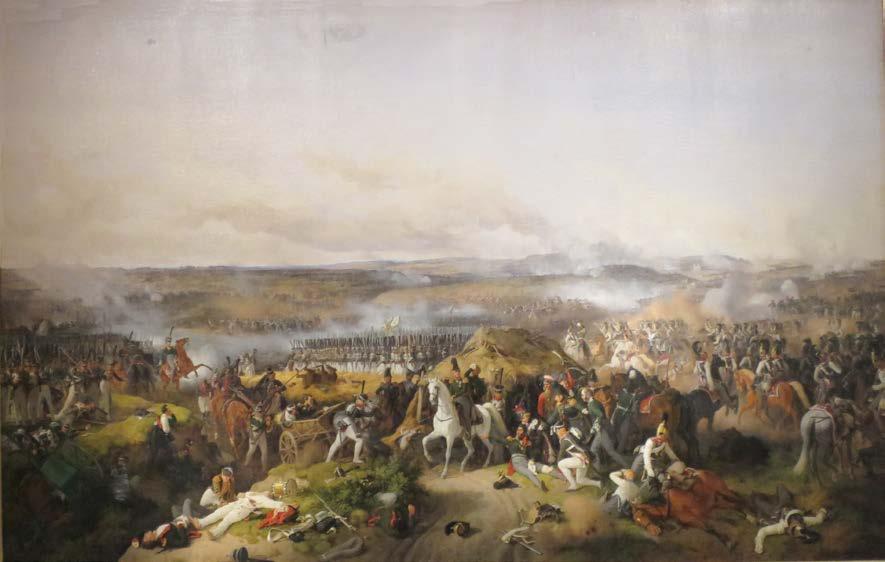Balkan Beats 32
Fado Bicha The reinvention of Fado, a tool for social and political intervention by InĂŞs Ribeiro
Fado is originally associated with social contexts marked by marginality and transgres-
sion. It only makes sense that a project like Fado Bicha exists. Considering that the LGBTQI+ community still embodies a social context marked by marginalization in our current time, the project creates a space for this community in the artistic field, revising simultaneously a very traditional and conservative music style.
Born in a popular setting in Lisbon, in the eigh-
social status, delinquent, with a rough voice, who often cussed and used slang. Due to this association of Fado with the most marginal spheres of society, a marked rejection by the Portuguese intellectuals was outstanding.
teenth century, Fado was present in moments of leisure and social gatherings. Manifesting itself spontaneously, its execution took place in or outdoors, in the gardens, on the streets and alleys, and in taverns. Often, the singers were associat- With the military coup on the 28th of May, 1926, ed with the figure of faia, someone from a lower and the subsequent authoritarian regime, several measures were implemented to censor public performances, press and other publications, causing Fado to undergo profound changes. The performers were stripped of any improvisational character and the process of specialization was consolidated, imposing strict interpretative models to be followed, which moved Fado further away from its original essence and the diversity of its original performative contexts.
Later, with the Carnation Revolution, on the 25th
Š JosÊ Malhoa
32
of April of 1974, the artistic field was freed from the oppression and censorship of the dictatorship. Nonetheless, the tightness and strictness












